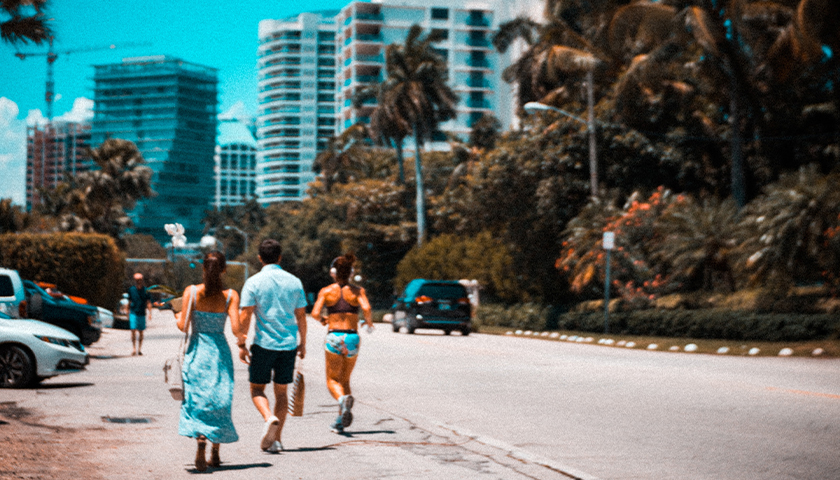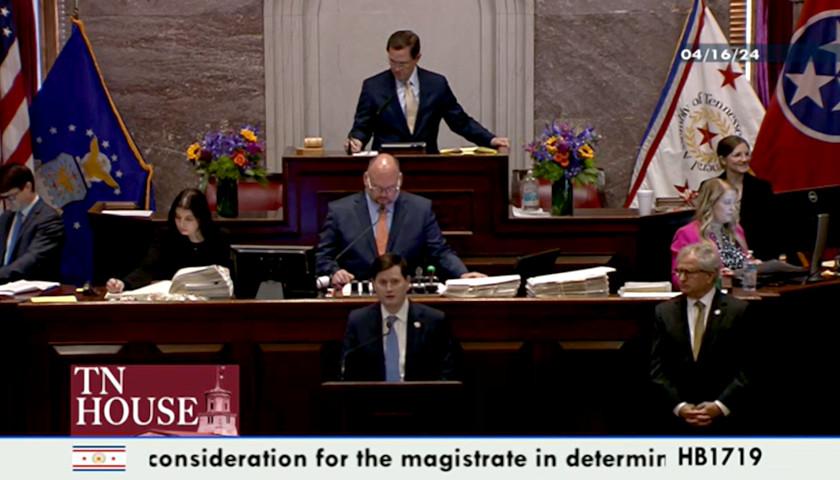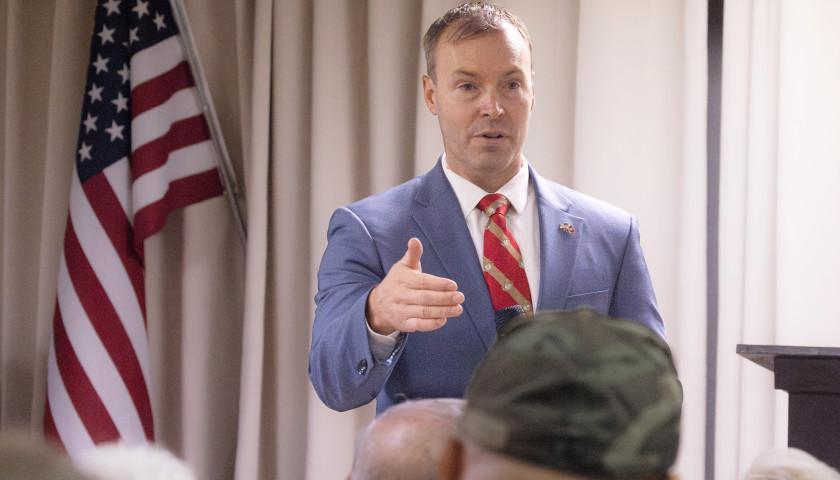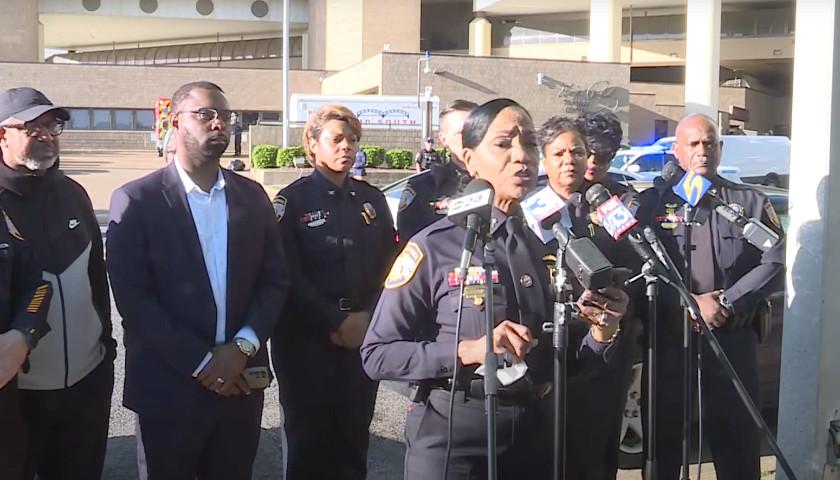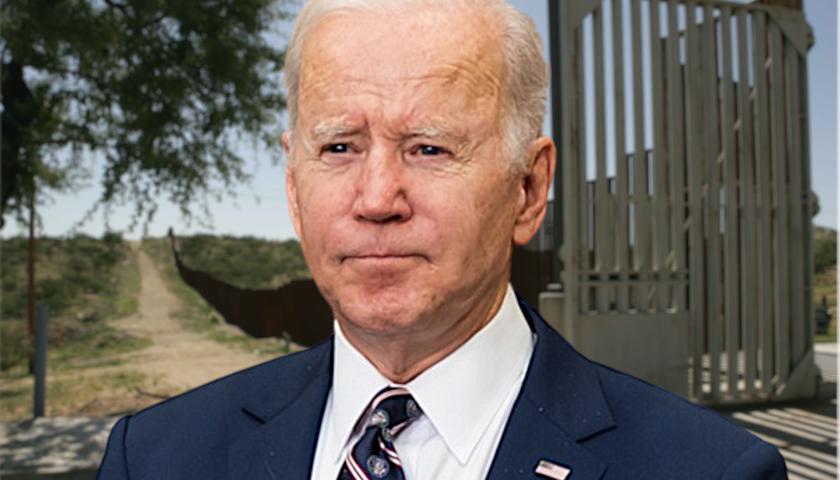by Bethany Blankley
Florida ranked first in a nationwide analysis of states’ efforts to combat child sex trafficking.
According to a new report by Shared Hope International and the Institute for Justice and Advocacy, the majority of states, 40 out of 50, and the District of Columbia received failing grades for their anti-child and youth sex trafficking efforts.
Florida was the only state to receive a C grade. Ten states received D grades and 40 states received F grades. No states received A or B grades.
Following Florida, the top ten states with the best anti-trafficking initiatives are Texas, Mississippi, California, Washington, Colorado, Kentucky, Utah, Tennessee and Louisiana.
Florida continues to rank third in the nation, behind Texas and California, for the number of calls placed to the National Human Trafficking Hotline.
The report assessed states based on six categories, including criminal provisions, identification and response to victims, continuum of care, access to justice for survivors, tools for victims through states’ criminal justice system, and prevention and training efforts.
Shared Hope launched its national Protected Innocence Challenge around ten years ago to raise awareness and help states create legal frameworks to address the crime of child sex trafficking. It also implemented a state report card system to assess states’ progress. Initially, the majority of states received an “F” grade, “reflecting the reality that many states’ laws failed even to recognize the crime of child sex trafficking,” the report states. Since then, states have enacted trafficking laws and implemented criminal justice policies to combat child sex trafficking.
Children are being increasingly trafficked for sex and labor, often forced into various forms of labor, “including drug dealing, working in flea markets, commission-based sales jobs, driving other youth, and sex-trade related labor,” the report states.
Child sex trafficking is a commercial sex act committed by force, fraud or coercion where the victim is 18. It often crosses over with labor trafficking, which is defined as “the recruitment, harboring, transportation, provision or obtaining of a person for labor or services, through the use of force, fraud or coercion, for the purpose of subjecting that person to involuntary servitude, debt bondage, or slavery.
“Forced labor may result when unscrupulous employers exploit workers who are vulnerable due to high rates of unemployment, poverty, crime, discrimination, corruption, political conflict, citizenship status or cultural acceptance of the practice,” the Florida Department of Children and Families explains.
According to the Polaris Project, “Traffickers tend to prey on people who are economically or socially vulnerable like children and youth,” who often live in poverty, “on the streets, or experience physical or sexual abuse, or addiction.” Traffickers often “pose as a friend, offering to meals, gifts, or just a sympathetic ear. In some cases, traffickers may use another young person to befriend and recruit their victims.”
Recruitment of children and youth can occur in public places like malls or sporting events, but also increasingly online through social media sites, or false advertisements promising an appealing job opportunity that doesn’t exist, the Polaris Project explains. “Although runaway and homeless youth are particularly vulnerable, there are also several examples of victims who were groomed and recruited while living at home and even attending school,” it notes.
Voices for Florida, a network of organizations combatting human trafficking, reports that “children are being sold for sex in every county in Florida.”
In 2020, its 774 community partners provided services to over 1,093 victims. The majority were non-Latino Caucasian girls between 13 and 17 who had a history of running away. The majority had also been involved with the Florida DCF, had a history of or were currently experiencing homelessness, and didn’t attend school.
In 2014, the Florida Legislature created a Statewide Council on Human Trafficking. Chaired by the state attorney general, its members are from law enforcement, prosecutors, legislators, and experts in health, education and social services. The Legislature created a Florida Alliance to End Human Trafficking as part of the Council, which met for the first time in August 2019.
Florida has local task forces and coalitions to combat human trafficking in all 67 counties as part of this network.
According to a study of U.S. Department of Justice human trafficking task force cases, 83% of sex trafficking victims identified in the U.S. were U.S. citizens. The average age they were first trafficked and used for commercial sex was between 12 and 14.
Children can be victims of human trafficking regardless of their citizenship, residency, or immigrant status. Those suspecting abuse or trafficking are encouraged to call the Florida abuse hotline at 1-800-96-ABUSE or the National Human Trafficking Hotline at 1-888-373-7888.
– – –
Bethany Blankley contributes to The Center Square.

